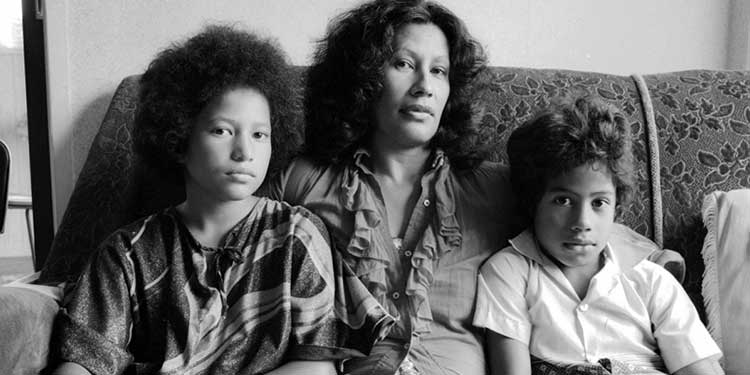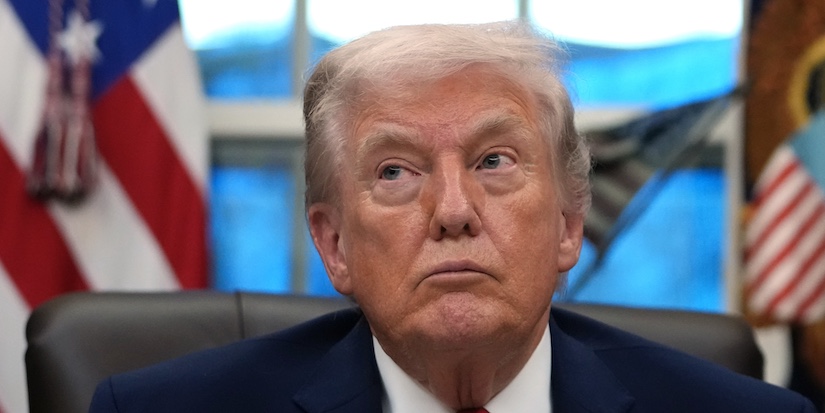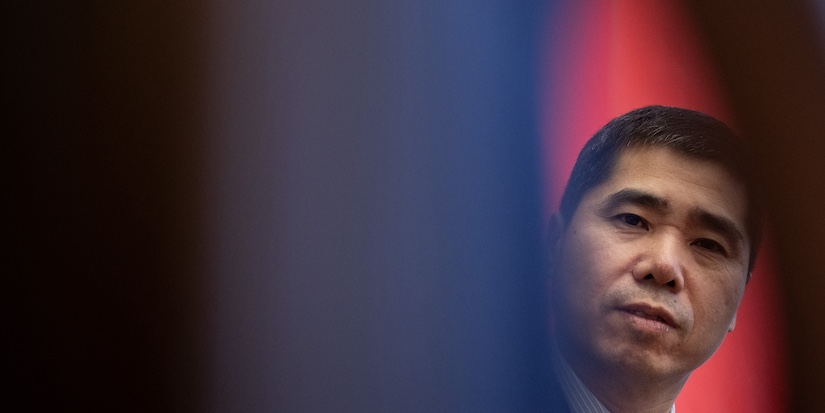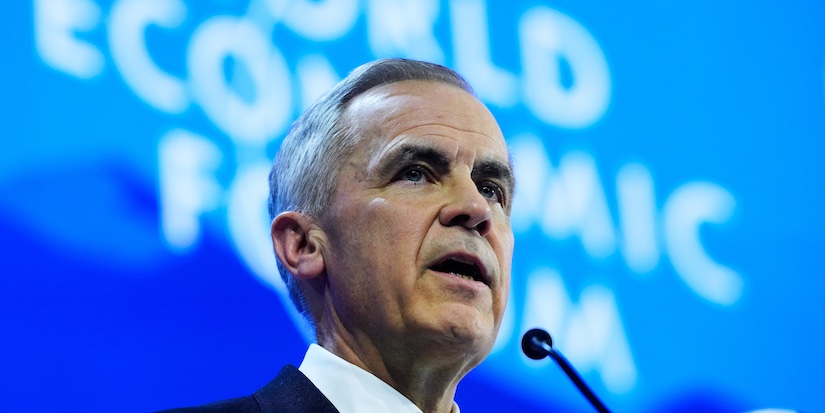Arts & Culture
Influential Indigenous filmmaker remembered and celebrated at festival gala
The Eighteenth annual DOXA film festival may have wrapped in mid-May with a gala awards ceremony and a screening of “Merata: How Mum Decolonized the Screen” but the effects of her determination and pioneering work continue to reverberate around the world. To see the trailer, click.
The Eighteenth annual DOXA film festival may have wrapped in mid-May with a gala awards ceremony and a screening of “Merata: How Mum Decolonized the Screen” but the effects of her determination and pioneering work continue to reverberate around the world. To see the trailer, click.
DOXA, dedicated to documentaries that help us better understand the complexity of our world and times, this 11-day event is a curated and juried festival of public screenings, panel discussions, public forums and educational programs.
“Merata: How Mum Decolonized the Screen,” taught me about a strong woman and a great force in film-making whom I’d not known before. Merata Mita influenced political policy in her home country of New Zealand, encouraged and taught Indigenous film-makers around the world and also worked in Hollywood as an advisor and even a second unit director on the Magnificent 7 series.
It is a film worth seeing. It shows the power of documentaries to change public perception and to change policy, to shine a light on violence born of bigotry, and most of all, the power to make the world a fairer, better place through unveiling what has been hidden, be it beauty or brutality.
It is the product of a son’s love, a son who is a film archivist who pieced together the films his mother made and thus pieced together her life and her life’s work.
Mita, the first Māori woman, and one of the first Indigenous women in the world, to write and direct a narrative feature film said, “One of my primary goals is to decolonize the screen and to Indigenize the screen.”
The official statement from the DOXA committee says, “We’re excited to conclude our festival with a warm-hearted portrait of a visionary artist, activist, and mother. Mita’s legacy is an inspiring reminder that film, on and behind the screen, is a critical tool for social and political change.”
Documentary film making is fueled by passion, not usually vast amounts of money. For that reason, the DOXA festival is working to raise $5,000 for a fund to bring the featured film makers to DOXa where they can teach and learn either formally in sessions or informally, as is often the case at film festivals. It is a festival’s cross pollination of wisdom, drive and techniques that can be the spark to start or the last step to finish as production.
The awards announced at the closing gala were as follows:
The Nigel Moore Award for Youth Programming was presented to Call Me Intern, directed by Nathalie Berger and Leo David Hyde. Jury members Anna Hetherington, Steven Hawkins, Jacob Saltzberg, Maya Biderman and Teagan Dobson stated of the film: "Call Me Intern's raw, unfettered depiction of the struggle to break into industry is both poignant and devastatingly familiar for millennials like us today."
Victory Arroyo's Time is Out of Joint captured the DOXA Short Documentary Award. Jury members Aaron Zeghers, Joella Cabalu and Ananya Ohri awarded the film for its "unconventional style and approach that pushes the tradition of documentary storytelling into new territory." The jury also awarded an Honourable Mention to Haven directed by Colin Askey "for its sensitive and humanizing approach on a life-changing resource in the midst of an urgent crisis."
The Colin Low Award for Canadian Documentary was given to Tasha Hubbard's nîpawistamâsowin: We Will Stand Up. Jury members Leon Lee, Peg Campbell and John Bolton described the film: "Focusing on the Boushie family's fight for justice in a rigged legal system, past treaty betrayals, and the legacy of residential schools – the film demonstrates the resilience and strength needed to make a safe future for Indigenous children." "For its ambition, its stark aesthetic, and its compassionate yet unflinching approach to its subject matter of humanity crushed by capitalism, corrupt government and organized crime", the jury also awarded an Honourable Mention to Julien Elie's Dark Suns.
The DOXA Feature Documentary Award was presented to Ian Soroka's Greetings From Free Forests. Jurors Gregory Coyes, Sean Farnel and Michèle Smolkin said of the film: "The measured, cinematic beauty of these mountain forests, and their vast, underlying limestone caves, revealed a receptacle for both personal memories, and dramatic human history." Honourable Mention was also given to Hassan Fazili and Emelie Mahdavian's Midnight Traveler for its "courageous and genuine storytelling". The jurors were impressed by "the filmmaker's attempt to escape persecution from his own country and to find a safe haven for his family."





























